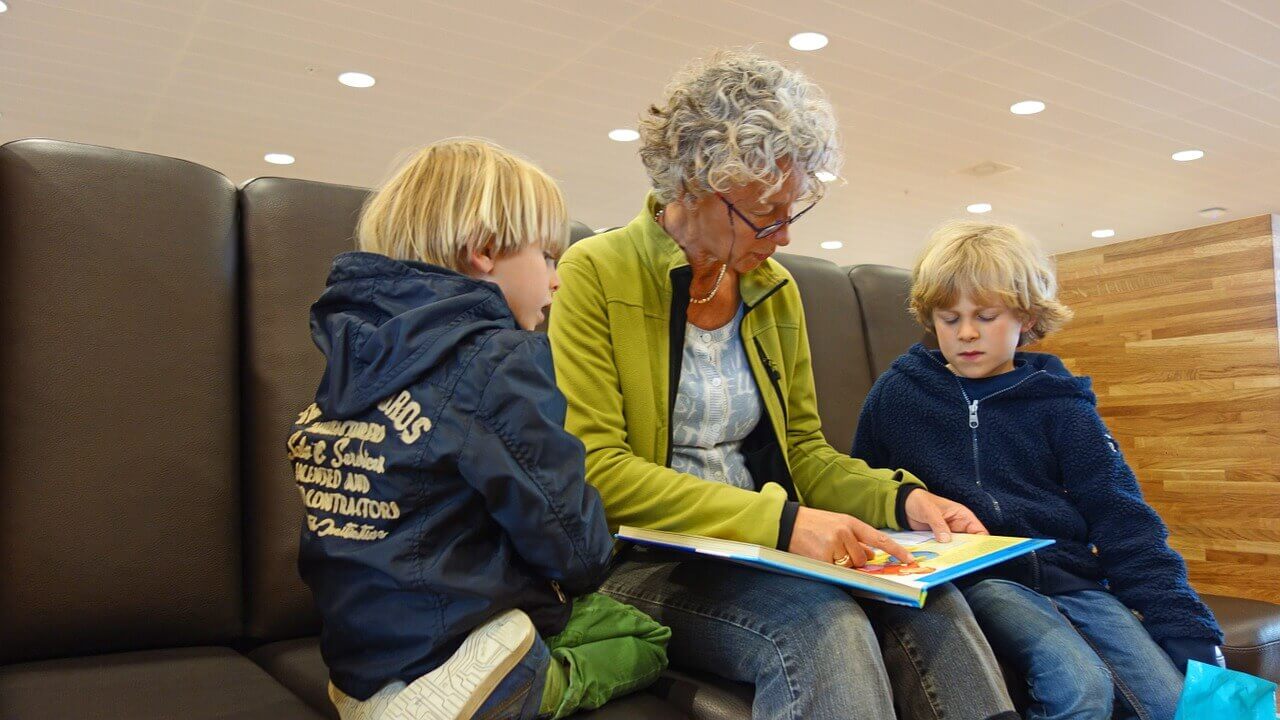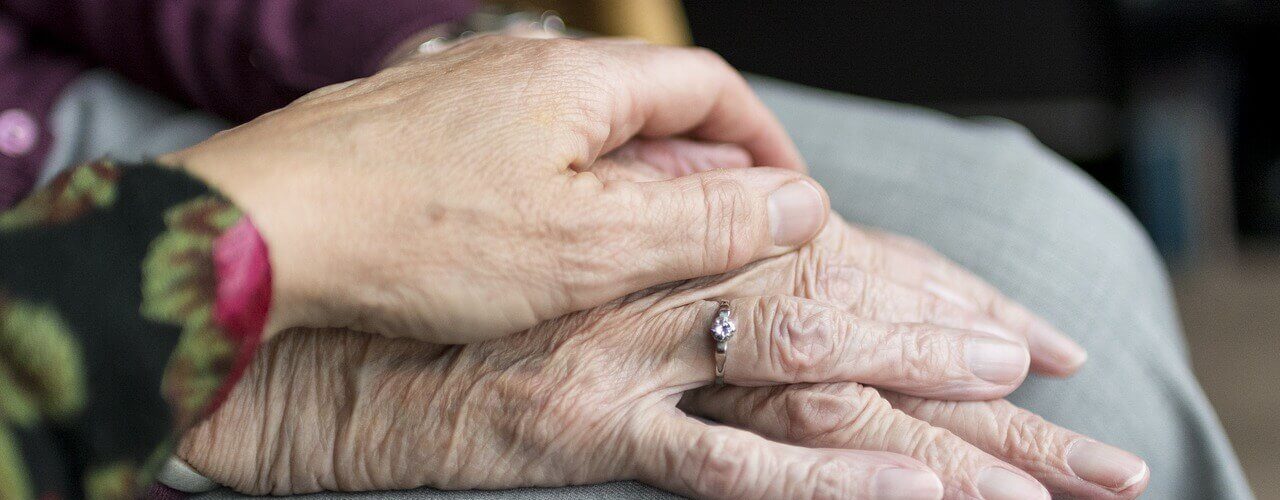Cancer is a complex, life-threatening disease that can profoundly impact patients and their families. While cancer treatment has advanced significantly in recent years, the illness never spares the patient’s emotional, and financial health. For many cancer patients, the support of their families is essential to coping with the challenges of the disease.
Family members can provide practical help, emotional support, and financial assistance during treatment and recovery. They can also provide information and advice, helping patients navigate the complex cancer care system.

In this article, we will explore the role of family support for cancer patients in society. We will discuss how families can help cancer patients, and we will look at the challenges they may face in providing support.
We will also consider the role of the wider community in supporting families affected by cancer.
-
Cancer patients often rely on their families for support.
There is no doubt that cancer takes a toll on patients physically, emotionally, and mentally. The support of family members can be vital for cancer patients as they navigate their illness.
In some cases, family members may even be able to provide caregiving services if patients cannot care for themselves.
Although many cancer cases develop without a family history, cancer can still significantly impact families. For instance, if a member had been working in a factory where they got exposed to asbestos and later developed mesothelioma, the entire family would be affected.
In that case, the family has the right to file for an asbestos trust fund to get the money they need to cover medical bills and other expenses. Usually, payout time can take a toll, but getting the money they need would be worth it.
You can learn more about timelines for asbestos trust fund payouts by contacting a law firm specializing in these cases.
-
Families may face challenges when supporting cancer patients.
While families can provide vital support to cancer patients, they may also face extreme challenges. For instance, family members may experience caregiver burnout if they offer a large amount of caregiving support. They may also struggle to balance their own needs with the needs of their sick relative.
In addition, families may face financial challenges when supporting a cancer patient. Cancer treatment is often expensive, and patients may be unable to work while undergoing treatment. It can put a strain on family finances.
Finally, families may also face emotional challenges when supporting a cancer patient. They may feel guilty, helpless, or angry. They may also struggle with their grief and anxiety.
-
The wider community can support families affected by cancer.
While family support is essential for cancer patients, the wider community can also support families affected by cancer.
For instance, the American Cancer Society offers a “Road to Recovery” program that provides transportation to and from cancer treatment. It can be a huge help for families who live far from the treatment center or who do not have access to a car.
The American Cancer Society also offers a program called “Look Good, Feel Better” that helps cancer patients with their appearance. It can be an important issue for cancer patients, who may feel self-conscious about their appearance during treatment.

-
Tumor boards can provide support and information to families.
Tumor boards are multidisciplinary teams of doctors that meet to discuss individual cancer cases. They provide support and information to families affected by cancer.
Tumor boards can help families understand their options, find the best treatment plan, and get the support they need. They can also provide families with information about clinical trials and other research studies. However, tumor boards are not available in all areas.
-
Clinical trials can provide treatment options for families.
Clinical trials are research studies that test new treatments for safety and efficacy. These clinical trials can provide treatment options for families affected by cancer.
They can also offer families access to new treatments that are not yet available to the general public. They allow families to receive expert care from leading cancer specialists.
-
Social workers can provide support to families.
Social workers can provide support to families affected by cancer. And social workers can also provide families with information about clinical trials and other research studies. Also, social workers can help families navigate the healthcare system.
-
Hospice care can provide support for families.
Hospice care is a type of care that focuses on comfort and quality of life for people who are terminally ill. It can support families affected by cancer and help families with end-of-life planning. Hospice care can also help families with grief and bereavement.
-
Faith-based organizations can provide support to families.
Faith-based organizations can provide support to families affected by cancer. In addition to offering emotional support, faith-based organizations can provide practical support, such as transportation and child care.
According to a study published in the Journal of Clinical Oncology, religious beliefs, and practices are associated with better health outcomes for cancer patients. Luckily, many faith-based organizations offer support to families affected by cancer.
-
Challenging the stigma attached to cancer can provide support to families.
There are a lot of stigmas attached to cancer, making it difficult for families to discuss their experiences openly.
Challenging the stigma attached to cancer can provide support to families. One way to challenge the stigma is to talk openly and honestly about cancer. It can help families feel less isolated and more supported.
Another way to challenge the stigma is to get involved in public awareness and education campaigns. These campaigns can help change the way people think about cancer and its impact on families.
-
You are not alone.
You are not alone. Some people understand what you are going through and can offer support. If you or someone you know has cancer, there is help available. You can also find support from friends, family, and your community.
Bottom Line:
The role of family support for cancer patients in society is important. Many organizations can support families, including tumor boards, clinical trials, social workers, hospice care, faith-based organizations, and public awareness and education campaigns. You are not alone. If you or someone you know has cancer, don’t hesitate to reach out for support.





